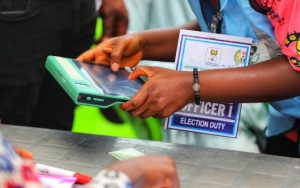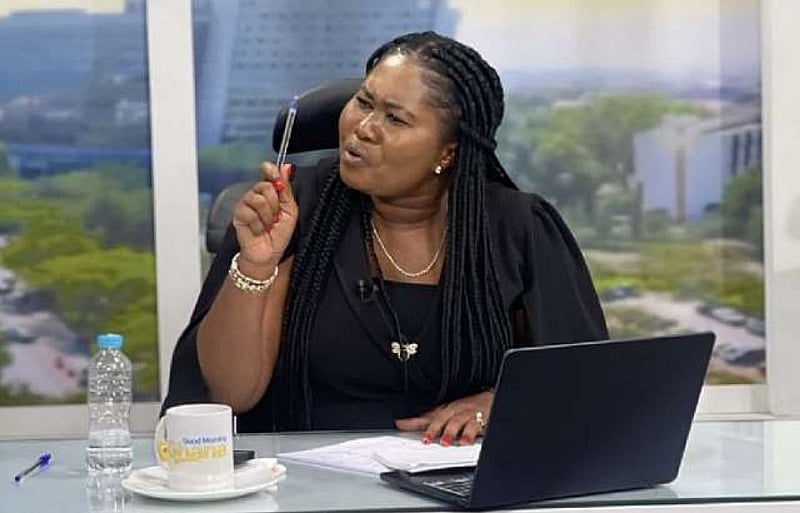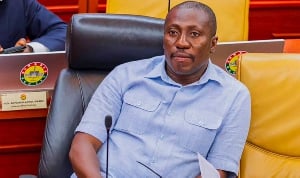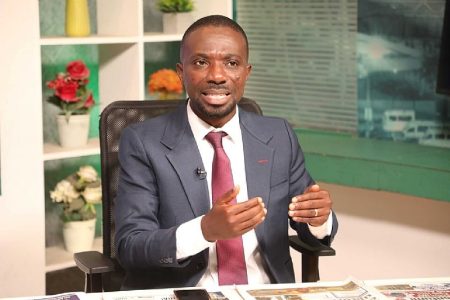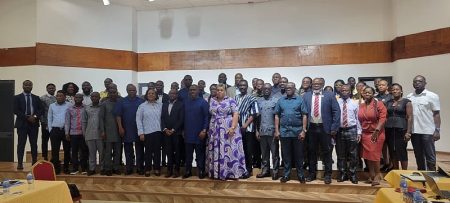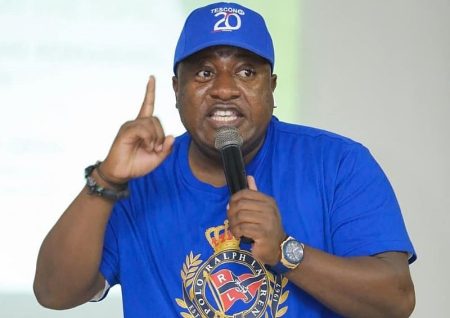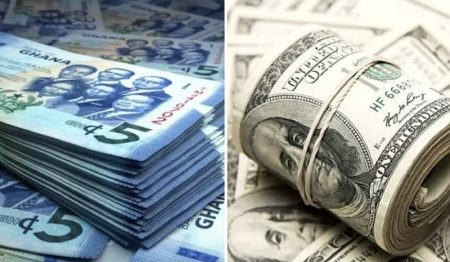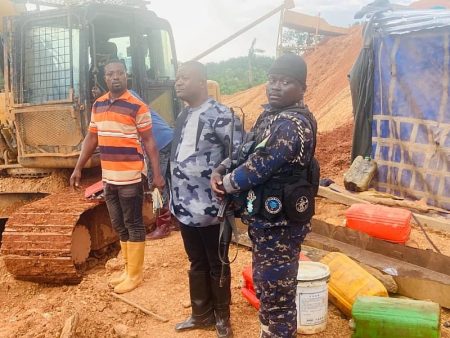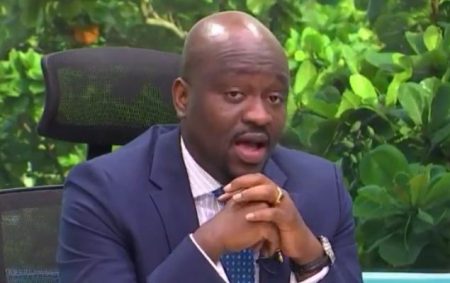The arrest and subsequent detention of Bernard Antwi Boasiako, also known as Chairman Wontumi, the Ashanti Regional Chairman of the New Patriotic Party (NPP), has sparked a wave of controversy and conflicting narratives. While the NPP alleges political persecution and violation of Wontumi’s rights, the National Democratic Congress (NDC) presents a different perspective. Beatrice Annan, a presidential staffer and NDC communicator, has refuted claims that Wontumi is on a hunger strike to protest his detention. She asserts that his refusal to eat stems from a deep-seated distrust of his own party members, fueled by a previous incident where he believes he and John Kumah were poisoned.
Annan’s claim paints a picture of internal strife and suspicion within the NPP. According to her, Wontumi fears that his own party colleagues might attempt to harm him through poisoned food, a fear stemming from a past experience where he allegedly survived a poisoning attempt. This allegation introduces a layer of intrigue to the situation, raising questions about the internal dynamics of the NPP and the level of trust among its members. While Wontumi’s supporters claim his detention is politically motivated, Annan maintains that his rights have been respected throughout the legal process.
The Economic and Organized Crime Office (EOCO) arrested Chairman Wontumi on Tuesday, May 27, on allegations of financial crimes and causing financial loss to the state. Despite being granted bail with a GHS50 million condition, he remained in custody as of early June due to unmet surety requirements. This hefty bail amount underscores the seriousness of the allegations leveled against Wontumi and the potential consequences he faces if found guilty. The ongoing case highlights the challenges in balancing the presumption of innocence with the need to secure high-profile individuals accused of significant financial crimes.
The contrasting narratives presented by the NDC and the NPP regarding Wontumi’s detention underscore the deep political polarization in Ghana. While the NPP portrays Wontumi as a victim of political persecution, the NDC contends that he is being held accountable for his actions. Annan’s claims of internal distrust within the NPP further complicate the narrative, adding a dimension of internal conflict to the already charged political atmosphere. The case has become a focal point of political debate, with each side seeking to gain public support and discredit the other’s version of events.
Annan’s assertions challenge the narrative presented by the NPP regarding Wontumi’s detention. While the NPP claims he is being unfairly targeted and his rights violated, she insists that his rights have been upheld and his refusal to eat is motivated by fear of his fellow party members, not a protest against his detention. This stark contrast in perspectives reflects the deeply ingrained partisan divide in Ghanaian politics and the tendency for each side to interpret events through a political lens. The public is left to decipher the truth from conflicting narratives, often influenced by their own political affiliations and biases.
The Wontumi case serves as a microcosm of the broader political climate in Ghana, characterized by intense rivalry, accusations of wrongdoing, and deep-seated mistrust between opposing parties. The ongoing legal proceedings and the surrounding political rhetoric will continue to be closely scrutinized by the public and will likely have implications for the upcoming political landscape. The case highlights the importance of upholding due process and maintaining public trust in the justice system, particularly in cases involving high-profile individuals and politically charged allegations. The truth behind Wontumi’s detention and the motivations behind his refusal to eat remain unclear, shrouded in competing narratives and political maneuvering.


